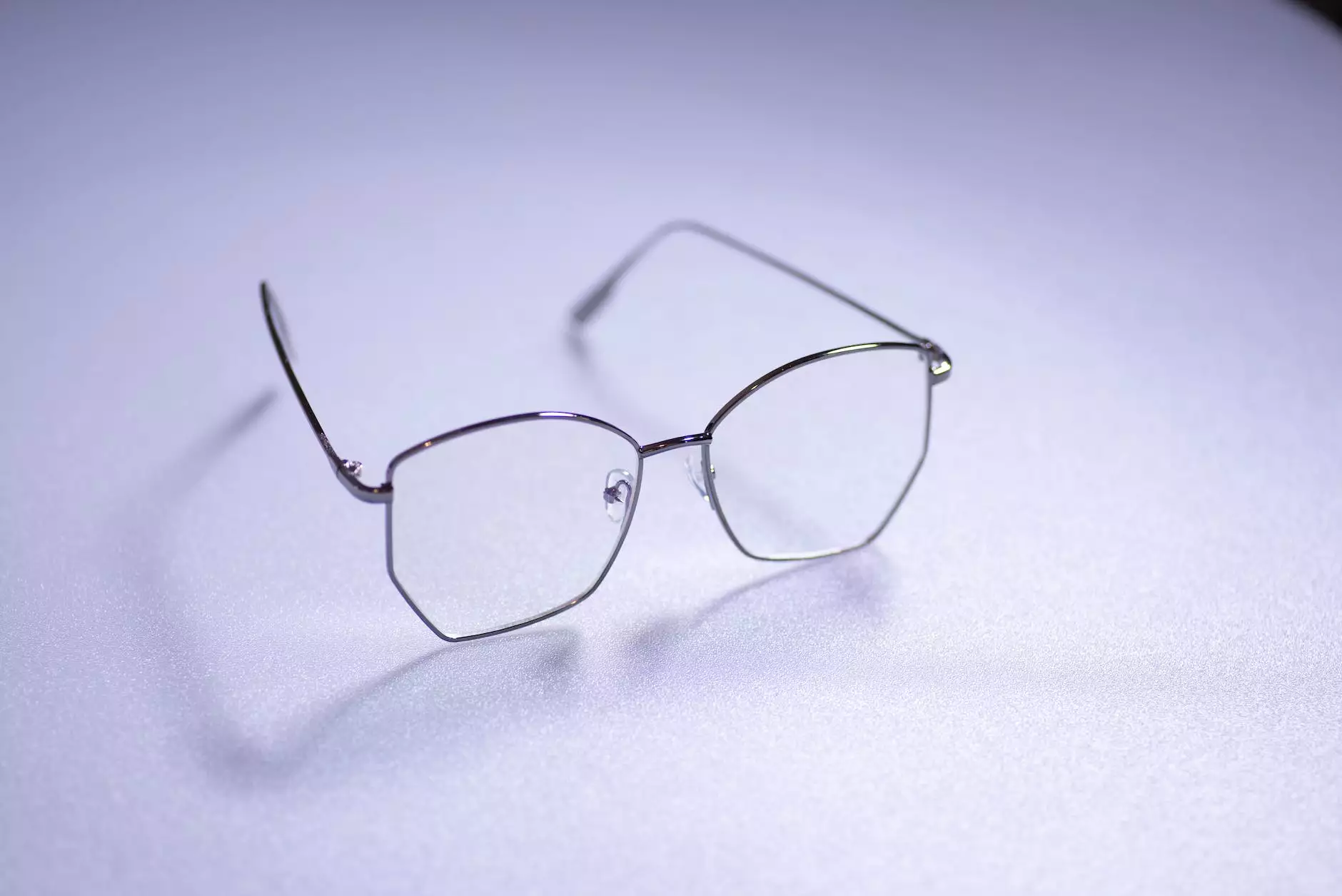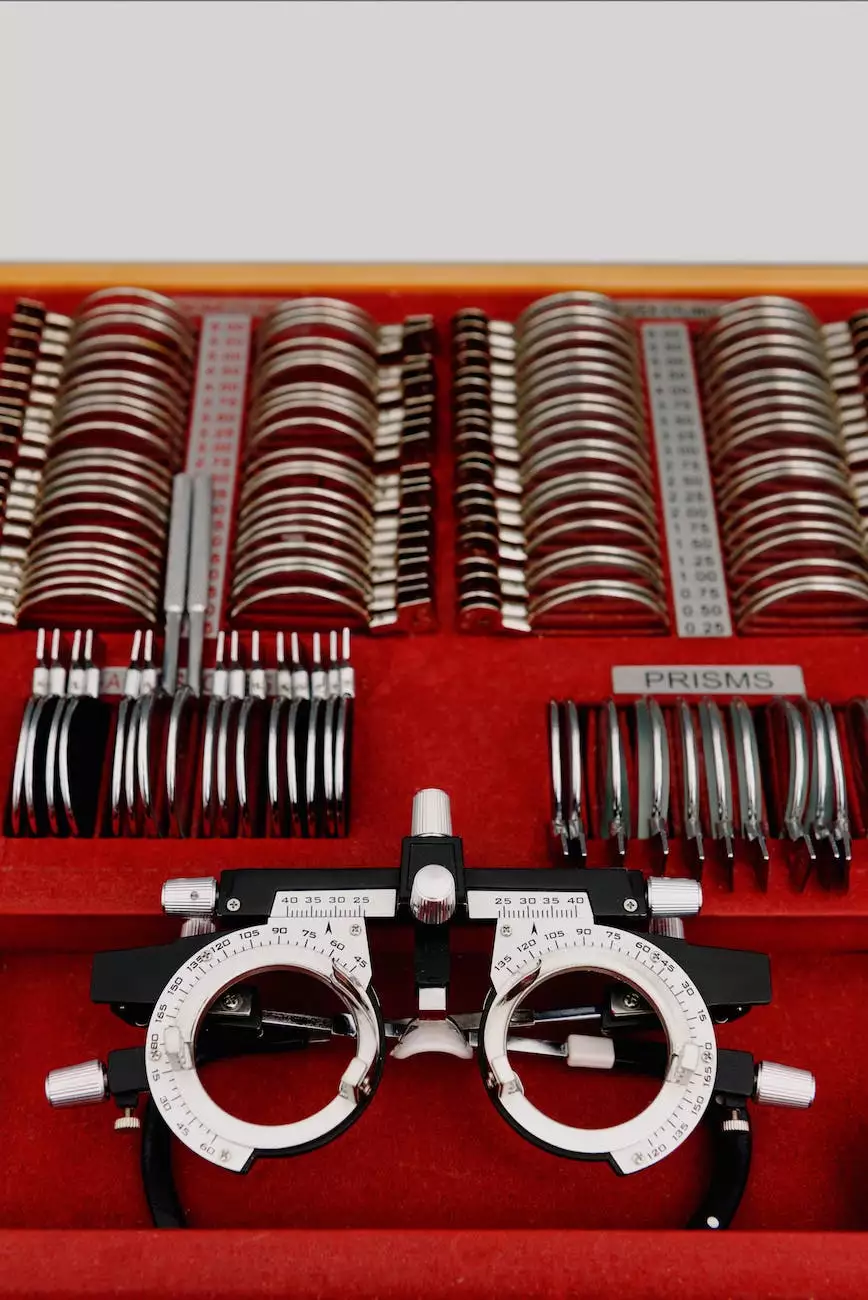Retinal Tears and Detachments - Dr. Bloom's Office

Overview:
Retinal tears and detachments are serious eye health conditions that require immediate attention. At Dr. Bloom's Office, we specialize in diagnosing and treating retinal tears and detachments to ensure the best possible outcomes for our patients. With our expertise in retinal health and advanced diagnostic tools, we can accurately detect and effectively manage these conditions.
Understanding Retinal Tears:
A retinal tear occurs when the thin tissue at the back of the eye, known as the retina, gets torn. This can happen due to various reasons, including aging, trauma, or underlying eye conditions. Retinal tears are often associated with symptoms such as:
- Flashes of light or floating spots in your vision
- Blurred or distorted vision
- A sudden increase in the number of floaters
- A shadow or curtain-like effect in your peripheral vision
If you experience any of these symptoms, it is crucial to seek immediate medical attention at Dr. Bloom's Office. Ignoring a retinal tear can lead to a retinal detachment, which requires more extensive treatment.
Retinal Detachments:
A retinal detachment occurs when the retina separates from the underlying tissue that provides nourishment and support. This condition can lead to permanent vision loss if not promptly treated. The symptoms of retinal detachment are similar to those of retinal tears, but may also include a sudden and noticeable shadow spreading across your visual field.
There are three types of retinal detachment:
- Rhegmatogenous Retinal Detachment: This is the most common type, where a retinal tear allows fluid to accumulate, causing the retina to detach.
- Tractional Retinal Detachment: Scar tissue on the retina causes it to pull away from the underlying tissue.
- Exudative Retinal Detachment: Accumulation of fluid under the retina leads to detachment, usually due to an underlying condition or injury.
Diagnosis and Treatment:
At Dr. Bloom's Office, we utilize advanced diagnostic techniques to detect retinal tears and detachments accurately. Our experienced team, led by Dr. Bloom, will conduct a thorough examination of your eyes, including:
- Retinal imaging
- Optical coherence tomography (OCT)
- Fluorescein angiography
- Ultrasound imaging (if necessary)
Based on the diagnosis, we will recommend a personalized treatment plan tailored to your specific needs. The treatment options for retinal tears and detachments may include:
- Laser photocoagulation to seal the tear
- Cryopexy to freeze the area surrounding the tear
- Pneumatic retinopexy to inject a gas bubble to push the retina back in place
- Vitrectomy surgery to remove the vitreous gel and repair the retina
Recovering and Follow-Up Care:
After treatment, it is vital to follow the post-care instructions provided by Dr. Bloom. Proper recovery and taking the prescribed medications as directed are essential to ensure the retina heals correctly. Regular follow-up visits will also be scheduled to monitor your progress and address any concerns or complications that may arise.
Preventing Retinal Tears and Detachments:
While some factors contributing to retinal tears and detachments are beyond our control, there are steps you can take to minimize the risk:
- Get regular comprehensive eye exams
- Protect your eyes from trauma or injury, such as wearing appropriate eyewear during sports
- Manage underlying conditions like diabetes or high blood pressure
- Quit smoking, as it increases the risk of eye diseases
- Follow a healthy lifestyle, including a balanced diet rich in fruits and vegetables
Conclusion:
Retinal tears and detachments can be serious eye health conditions that require immediate attention. At Dr. Bloom's Office, we provide expert diagnosis and personalized treatment to address these conditions effectively. Our mission is to preserve and improve your vision, and our experienced team of professionals is dedicated to ensuring your eye health.










